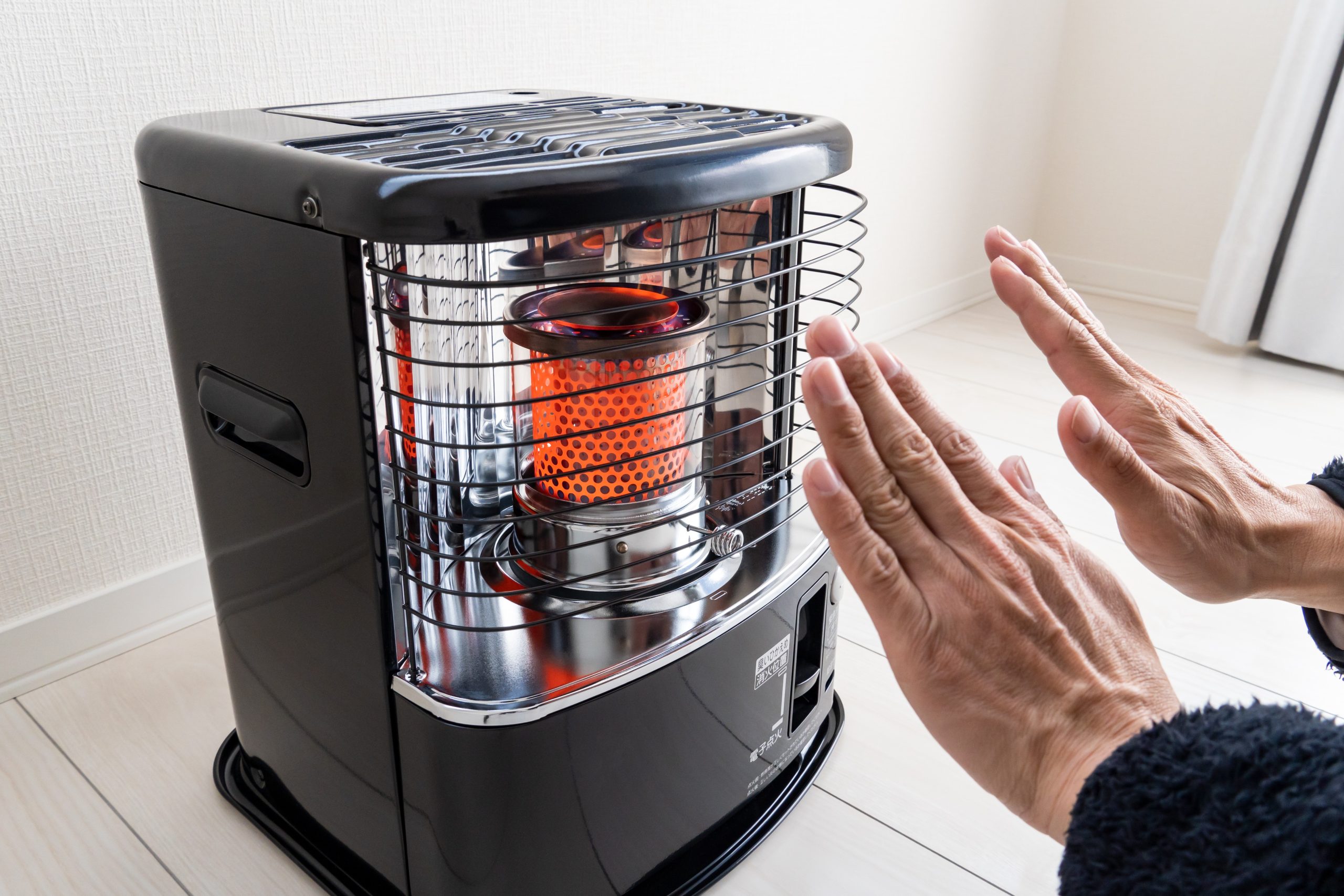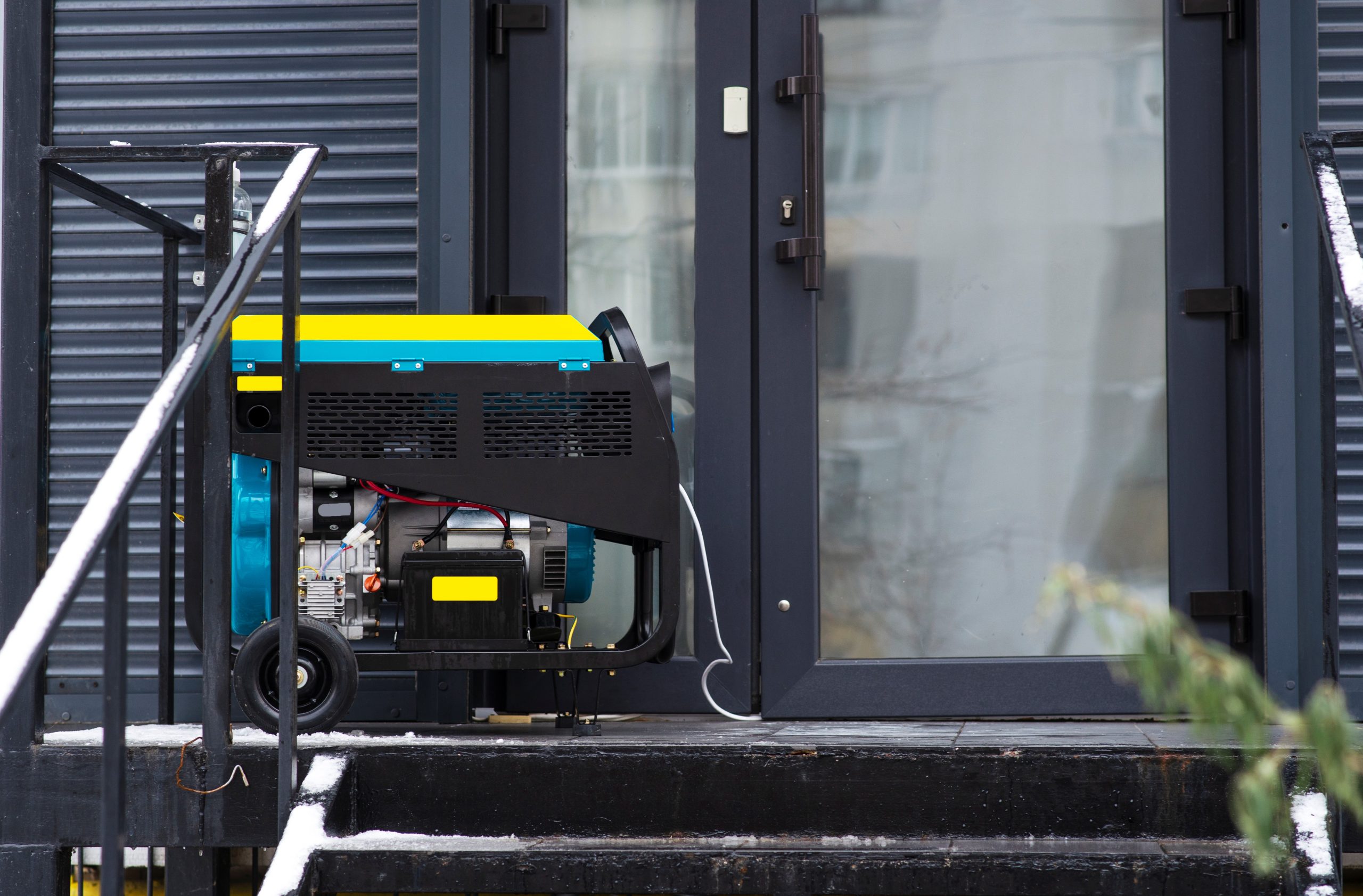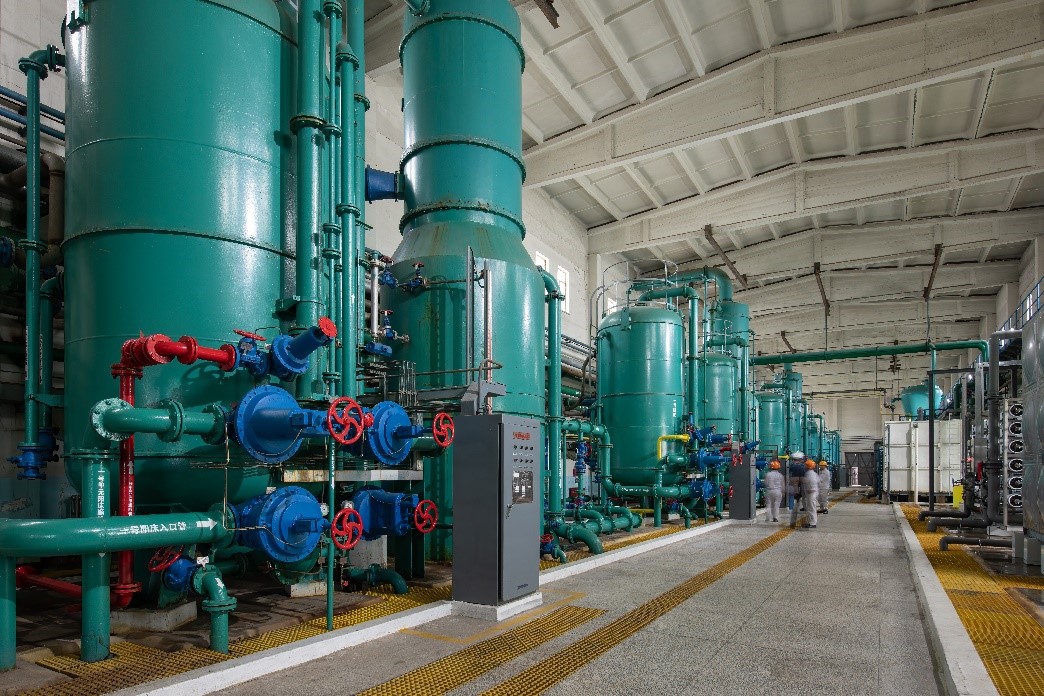Fertilizer plays a crucial role in agricultural production, especially in large-scale crop cultivation. In handling significant quantities of the vital nutrients, and for efficient application, the right transfer equipment is required. This is where fertilizer pumps come in. In this article, we’ll look at how pumps work and how they can benefit your farming practice.
How Fertilizer Pumps Work: A Quick Overview
Pumps are the equipment of choice for transferring high volumes of chemical or liquid fertilizers as quickly as possible. Different types of pumps are available with varying mechanisms and designs, but the basic function is the same: using force to move the fertilizer from the equipment and distribute it.
It is worth noting, however, that while using fertilizer pumps, various methods can be employed for the transfer or distribution. These include using semi-tankers, emptying railcars, and loading sprayers.
The Time- and Money-Saving Benefits
Using pumps for fertilizer application undoubtedly saves you time, as the use of the equipment allows you to cover larger patches of land much faster and more efficiently. You are also able to handle and distribute the nutrients better and more consistently, leading to long-term cost savings and higher production yield.
In addition, there are pump designs with the capability to measure and deliver precise amounts of chemicals, allowing for accurate dosing. As a result, waste is minimized, and safety is enhanced since manual dosing is no longer needed, reducing the risk of human error. Overall, the process is optimized due to efficiency and cost-effectiveness.
Considerations in Selecting the Right Pump
While the benefits of using a fertilizer pump are great, careful consideration must be given to ensure you select the right one for your operations and maximize the results. One factor is the pump’s ability to maintain liquid, such as in self-priming or straight centrifugal pumps.
You must also consider chemical compatibility, making sure your pump’s material can handle the type and properties of the fertilizer you’ll be using. Other important considerations include the seal type and pump size. Your type and scope of operations will inform how you choose the most suitable pump for you.
Need Help Buying Agricultural Equipment? We’re Here To Help!
At TNT Sales and Service in Hinton, Iowa, we offer a full line of equipment and products across various industries, including agriculture, manufacturing, and trucking. Our team is equipped not just to guide you in your purchase but also in servicing all of our machines and items. Contact us today to learn more.























